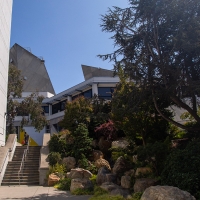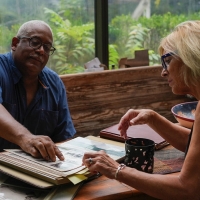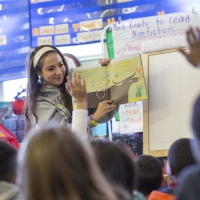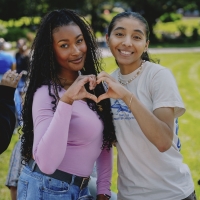Cultural Humility in the Face of Tragedy and Turmoil
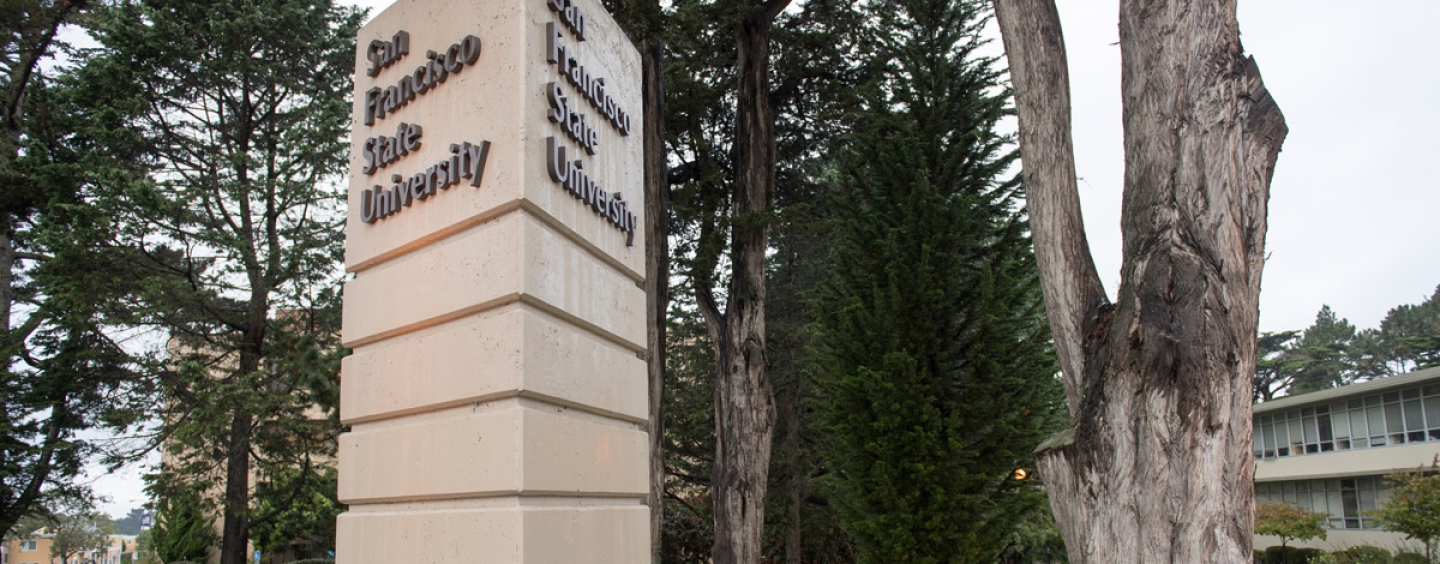
George Valentine.
George Floyd.
Christian Cooper.
On March 25, George Valentine, an aide to the mayor of Washington D.C., struggling to breathe, entered the hospital and died two days later, a victim of COVID-19.
On May 25, George Floyd died after being handcuffed and pinned to the ground by a Minneapolis police officer.
On May 25, Christian Cooper was birding in Central Park when a white woman weaponized her race and gender to falsely accuse him of a crime.
These men did not know one another. They held different jobs, lived in different cities, grew up in different circumstances. But they are all African American and all experienced the consequences of the United States’ long history of persistent racism.
African Americans are at least 2.4 times more likely to die of COVID-19. With heartbreaking regularity, unarmed African American boys and men are killed by police. And every day African Americans and other people of color experience microaggressions and overt acts of racism, some of which place individuals — like Mr. Cooper — in potentially grave physical danger.
The national climate is illuminating a number of challenges facing marginalized communities, including growing anti-Asian and Pacific Islander sentiment and the grossly disproportionate impact of COVID-19 on African Americans, Latinos and the Asian Pacific Islander and Native American communities. Students who are DACA (Deferred Action for Childhood Arrivals) recipients are anxiously waiting to hear about the future of DACA from a federal administration that has made clear its stance on immigration and undocumented Americans, including recently explicitly excluding them from receiving much-needed federal COVID aid. While we, on some levels, come together as a nation to face the greatest health threat in a century, evidence of division, hatred, intolerance and ignorance abounds.
In a recent piece in The New York Times, Sabrina Strings, a sociologist at the University of California, Irvine, asked “Why are black people so sick?” She quickly and strongly identified the cause: slavery.
While her argument focused on the impact and legacy of slavery on health and access to health care, her answer is widely applicable. Centuries of structural racism and its persistence into the 21st century impact all communities of color and affect their health, access to health care, their treatment by police, the ways in which they are perceived, access to education, upward mobility and more.
We know that San Francisco and San Francisco State University are not immune to this. Our students, faculty and staff are regularly on the front lines challenging institutional racism and all inequities. To borrow from the work of scholars on cultural humility, including San Francisco State Professor Vivian Chavez, we need to engage in critical self-reflection and demonstrate compassion. That doesn’t change for us as a university community, whether we’re on campus or remote. Clearly there is more that many of us need to learn. SF State affords us all opportunities to learn and contribute to the change we seek. Enroll in a College of Ethnic Studies course, engage in a conversation or activity sponsored by the Office of Equity and Community Inclusion or watch Professor Chavez’s video on cultural humility.
We need to recognize and challenge power imbalances and inequities. And we must become even better at modeling this commitment as a university now as much as ever. There is much more to be done. And we all need to do it.
Best,
Lynn Mahoney, Ph.D.
President
